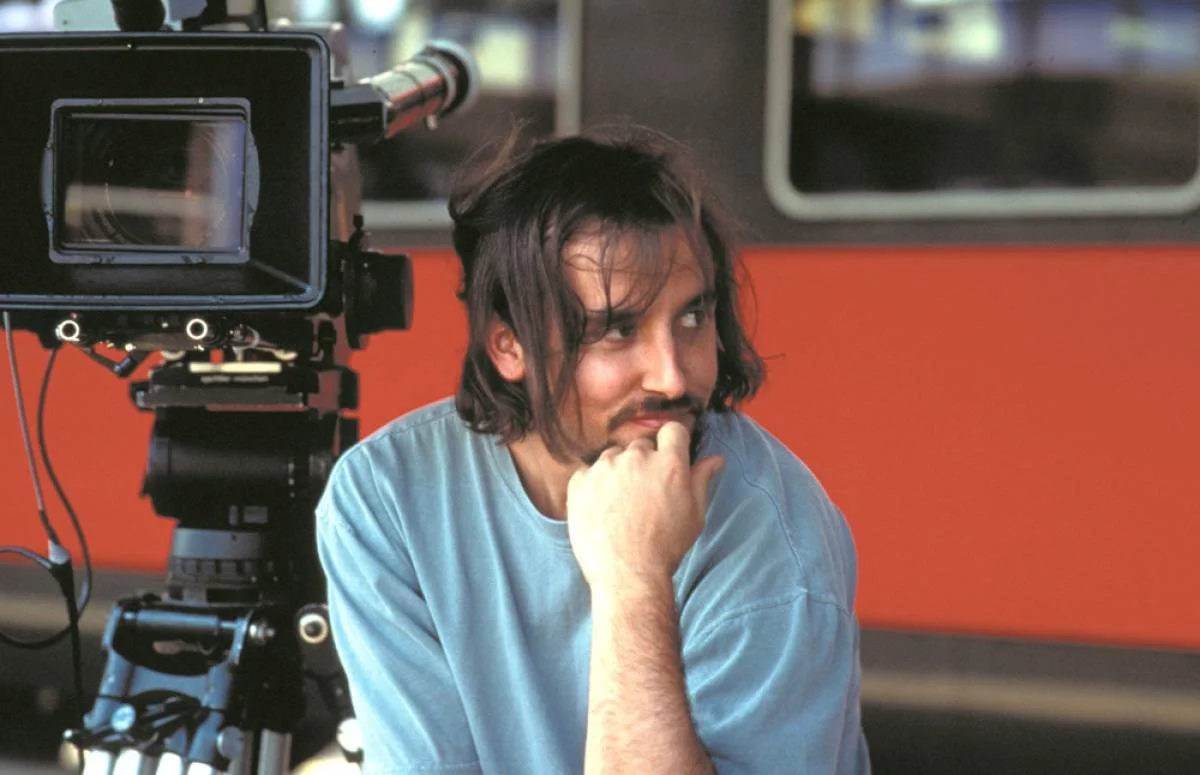Yeah, he’s sexy and we all love him, but you could say that Matthew McConaughey has been a bust as a leading man. You might further argue that if there’s one filmmaker out there who really knows how to use him, it’s Richard Linklater. The Texas-based director gave McConaughey an early (and still possibly his greatest) role as the pink-jeaned, jailbait hound David Wooderson in 1993’s Dazed and Confused. “I felt it while we were shooting that we had gone to some other level,” Linklater recalls, speaking to the Straight from his hometown of Austin, Texas. “I fucking love that character.” They’ve teamed up for a third time (after 1998’s The Newton Boys) in Linklater’s characteristically bright comedy, Bernie, a so-strange-it’s-true tale of murder in small-town Texas. McConaughey, sporting a fake orange tan and peering from behind seriously ugly specs (“Matthew’s a great character actor,” Linklater notes), thrives in the role of self-aggrandizing county prosecutor Danny Buck, who is bent on sending Bernie Tiede (Jack Black) to jail for putting four bullets into the back of a wealthy widow and then stuffing her in a freezer.
But Bernie is, ultimately, Black’s film. A thoughtful, gregarious, and possibly gay undertaker’s assistant (not to mention a hell of an amateur song ’n’ dance man), Tiede is so well loved by the people of Carthage, Texas, that Buck has to move his trial out of county to get a conviction. In a scene that rolls under the end credits, the real Tiede is seen meeting with a captivated Black—inside a maximum-security prison. “That shot says a lot, doesn’t it?” Linklater remarks. “I shot that on my little flip camera, and we just sat there and talked to Bernie for a long time, and we got to look around. But Jack just absorbed Bernie like a sponge. It was great to behold.” Although the film maintains just a touch of ambiguity about Tiede’s motives, Black twinkles so much on-screen that it isn’t too difficult to infer Linklater’s take on the guy. “He’s truly one of the nicest souls I’ve ever been around,” he says. “Bernie would never pass the psychopath test. He’s the complete opposite. He’s all empathy and caring. I’m very much on the side that he’s a nice guy who really did snap, and that, to me, is more intriguing. That means you and I could, potentially.”
In the film’s version of events, Tiede’s psychotic break is the result of his relationship with the bullying dowager, Marjorie Nugent—a woman as universally despised in Carthage as Tiede was loved. But even with Shirley MacLaine bringing all the prune-faced nastiness she can muster to the role (which is a lot), Linklater insists that his film gives the real Nugent “more than a fair shake”. “If you see the record, the closer you get to her, you realize, ‘Oh, she’s actually much worse than the movie portrays,’” he states with a laugh. “It’s Bernie’s point of view. It’s a much more benevolent point of view of her.”
Perhaps the most winning aspect of Bernie is that it presents the viewer with shaded characters and a Gordian knot of moral complexity. It’s hardly what you’d expect from a mainstream American film, although—casting our minds back to Dazed and Confused’s lovably repellant Wooderson—it’s also not an unusual position for Linklater. “That’s why I like it,” he says. “You can kind of enjoy the movie on any level you like. At the core of it, there’s some really complex questions there that are worth examining. And who knows who will ever have the answers. It’s the mystery of human behaviour and belief and everything, so—I dunno.” True enough. Not to mention that Bernie also addresses the mystery of Jack Black, whose energetic rendition of “Seventy-six Trombones”, from The Music Man, really is killer.
Georgia Straight, May 2012
